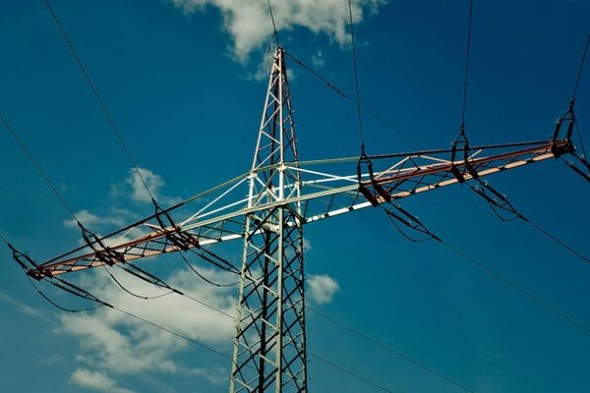CUB Warns Deregulation is Back
Posted on September 20, 2019 by Bob Jenks
Tags, Energy

CUB led the successful fight against Enron’s late-1990s attempt to deregulate Oregon’s electric system. The Legislature adopted our proposal to allow a limited amount of large industrial load to be purchased from the wholesale market (referred to as “direct access”), while maintaining a regulated electric system to protect residential and small commercial customers. California and Montana made the opposite choice. They deregulated their electric systems and saw electric prices go through the roof, rolling blackouts make electricity unreliable, and utilities forced into bankruptcy. If Enron’s deregulation plan had been approved, CUB calculates that Oregon customers would have paid an additional $1 billion for electricity during the California energy crisis.
You would think that we had learned our lesson. But deregulation proponents are back.
Currently wholesale electric prices – the prices utilities and other power generators charge each other for power – are at low levels. This has prompted significant interest in allowing more commercial and industrial customers to purchase directly from the wholesale market. One venue where this issue is under debate is at the Oregon Public Utility Commission. CUB is tracking this closely to protect consumer interests because power brokers – businesses that buy and sell wholesale power – stand to make millions from deregulation.
Just like the ‘90s, much of the deregulation appeal is to get access to the low-cost wholesale market. Of course, when deregulation was allowed in the ‘90s, wholesale market prices increased by 800 percent and suddenly customers no longer wanted to participate in it.
Today’s wholesale market prices are low because the market is flawed and is directly subsidized by residential and small commercial customers. Allowing more large customers into the wholesale market without addressing these subsidies will cause price increases for residential and small commercial customers and reliability problems on the power grid. In addition, allowing large customers to leave the utility system for the wholesale market allows them to avoid paying for utility costs that are mandated by State law, such as requirements to purchase solar energy, and support community renewables.
It’s important to note here that generating electricity on a large scale is efficient but also expensive. Therefore, nearly all new generation in our region is built for utilities. As customers of these monopoly utilities, our electric rates reflect the fixed costs of building these large generating plants. When the utilities sell into the wholesale market, though, only their variable costs - primarily for fuel - are recovered, and renewable resources do not have fuel costs.
Currently, Renewable Portfolio Standards (RPS) require utilities to increase solar and wind, which are then dispatched into the market based on zero marginal cost that, in turn, keeps wholesale market prices low. Therefore, adding renewables to meet RPS goals increases utility rates where the fixed costs of the renewable investments are recovered, and decreases the wholesale market prices where only the variable costs of renewables are recovered. This combination increases the demand among large customers to expand Oregon’s direct access programs.
As renewable energy drives down the cost of the wholesale market, these low market prices make it impossible for new power plants to be built to serve the wholesale market. The result is that residential and commercial customers pay the true cost of generating electricity, while large customers who can get access to the wholesale market only pay a portion of that true cost.
Expanding deregulation without first fixing the market threatens reliability of the Western power grid. Without generation being built to serve wholesale load, the region will find itself without enough generating capacity to serve regional loads and blackouts could come back to the grid.
There are solutions to this problem, such as requiring wholesale market participants to also invest in new generating capacity or pay the utility for its investment in new generating capacity. In the Northeast United States, market participants are required to purchase not just energy in the wholesale market, but also to purchase future capacity. Portland General Electric has proposed that some new market participants be required to pay for the utility’s capacity to maintain system reliability. Again, there are ways to solve this problem.
Deregulation proponents in our region, though, are in a rush to get to the subsidized wholesale market without first fixing the flaws. This threatens the reliability of the system and could require even bigger market subsidies from residential customers.
At CUB, we have a long memory. We remember the Western Power Crisis. We remember the lesson that deregulation can harm customers and reduce reliability.
To keep up with CUB, like us on Facebook and follow us on Twitter!




09/20/19 | 0 Comments | CUB Warns Deregulation is Back